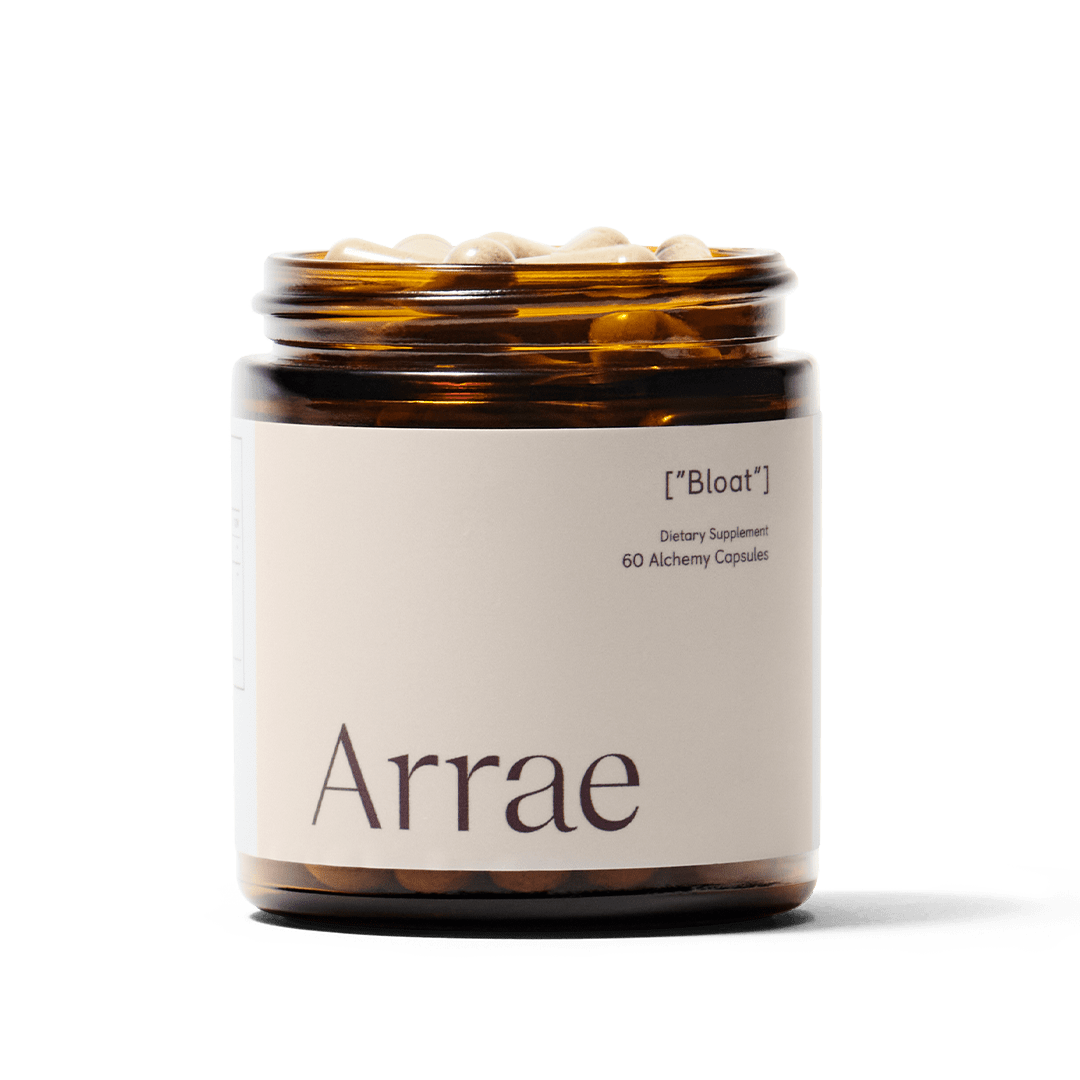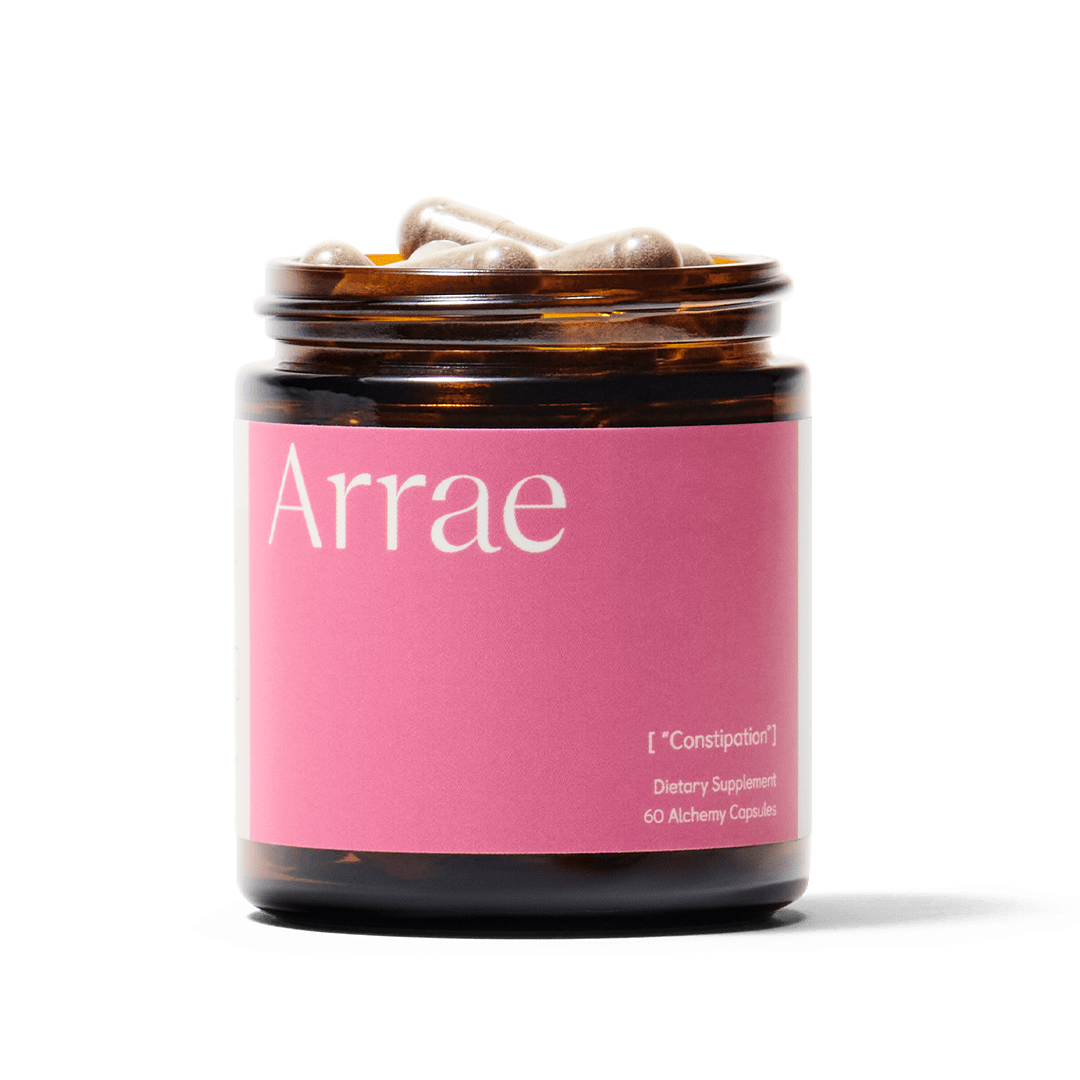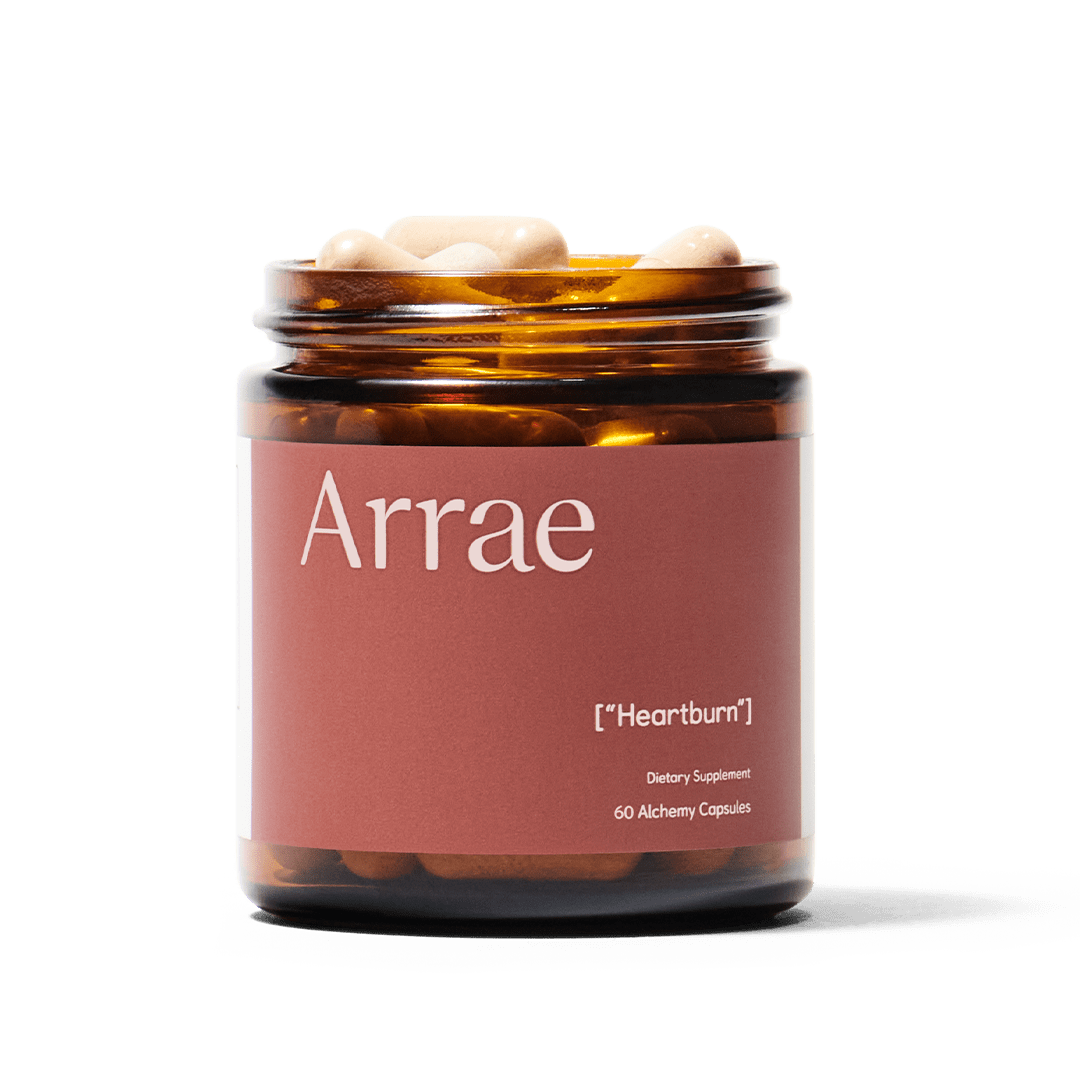
We all know the feeling of being too full: a stomachache, lethargy, gas pains. On days when it’s expected, like Thanksgiving and many special occasion days, we accept it, take a nap or chill on the couch, and move on. However, if you’re feeling this way on a regular basis, and find it hard to stop eating (even when you’re full), there could be more to the story. We live in a society where losing weight is a common concern. It’s not shocking that the #1 New Year’s Resolution in the United States is to lose weight and exercise more. The process of losing weight, and maintaining your goal weight, is challenging in it of itself! The food industry makes it even harder, making portion sizes far too big and adding addictive chemicals, sugars, and salt to foods to make us crave them more. Overeating can be due to emotional eating; Eating a pint of ice cream while watching TV after a bad day is so cliché that it’s true. A study done in 2013 found that 38% of Americans overeat due to stress, and half of them overeat at least once a week. Boredom eating has also increased significantly due to the pandemic. Many of us are still inside for hours on end, with close and easy access to a fridge and pantry. Overeating in general could be a result of being hungry, but not filling up on satiating foods. In turn, your calorie intake would be high, but your fiber (the primary nutrient responsible for making us feel full) intake would be low. But not to worry, once you identify why you’re overeating, there are ways to ensure you’re consuming the right type and right amounts of foods for your body to feel satisfied, but not overly full.
Breakfast is, and will always be, the most important meal of the day! When your body goes through a period of prolonged fasting, such as during sleep, it uses up its sugar stores to make sure you’re still breathing, your heart is beating, and your brain is active. Because all of this energy is used during the night, your body needs more sugar to make more energy, and you should wake up feeling hungry. Breakfast, or ‘breaking the fast’, is an important part of keeping your metabolism working throughout the remainder of your day, and gives your body the energy it needs to stay awake, focus on work or school, and exercise. Research shows that breakfast can even help with weight loss: people who eat breakfast tend to eat less fat, sugar, and cholesterol during the day. A healthy breakfast should include whole grains, carbohydrates from fruits, and protein. Some examples are a Greek yogurt bowl with fruit, peanut butter, and granola or eggs with two pieces of whole wheat toast and berries on the side. Ensuring you nourish your body first thing in the morning will help you to regulate your blood sugar throughout the day, allowing you to avoid sugar crashes and the afternoon slump.
With the WFH movement and much of school being online, many of us have turned to Netflix or TikTok to relax while on our lunch breaks or to unwind at dinnertime. However, research shows that eating while distracted causes us to not feel our hunger cues correctly, leading us to eat, even when our bodies are telling us we’re full. Try to change your location for meals, away from your desk and couch to a more appropriate spot, like the dining table. While it might not be possible to do this for every meal, start with one phone-less meal a day. Take a deep breath before eating to prepare your body, and to help activate your hunger cues. Really pay attention to the flavors in your food, use your five senses, and notice your body beginning to get full. With time and practice, you might see that you get full faster, and it takes less eating and less distractions to thoroughly enjoy your meal.
The saying, “You are what you eat”, really is true! We know that a balanced diet, focusing on whole grains, fruits, and vegetables can help us feel and look our best. During times of high stress, it’s easy to forego a healthy diet in exchange for more sugary foods. Elevated stress also contributes to cravings, which we might binge on when we finally get to eat them. Eating should be a mindful activity, so it’s important to gage how you’re feeling before a meal. This is especially important if you’re an ‘emotional eater’; Your hunger cues and cravings aren’t being regulated by your body when you’re feeling sad, anxious, or angry. Foods with “empty calories” - the sweets, snacks, and salty foods we can eat in moderation - are high in calories but low in nutritional value. It takes a lot more of these foods to feel full and settle hunger, but the calorie intake could be more than double the standard amount. Try focusing on fruits and veggies, which pack important nutrients, while filling you up with fiber. Consider “smart swapping” ice cream for low-fat yogurt, cookies for low-sugar granola or fruit, and chips for cut up bell peppers and hummus. Soon enough, these snacks will be your go-tos and will help you manage hunger without filling you up on empty calories.
Lastly, keeping a food log of your meals and water intake can help you understand what you’re eating, how much you’re eating, and where you’re eating. You don’t have to become obsessed with tracking every single calorie, but if you find yourself over-eating frequently, this is a good place to start. There’s no one way to keep track; You could get a separate notebook, make an Excel spreadsheet, or download apps like MyFitnessPal to help you get started. After a while, you might notice that you’re eating more than you thought, and you can pick areas to cut down on.
Eating is a basic pleasure of life, and is ingrained in so many cultures in a multitude of different ways. Food brings us together for holidays, traditions, and oftentimes makes us happy! However, too much of a good thing can be a bad thing; The same goes with food! If you find yourself struggling with portioning your food in a healthy way for your body, or if you can’t seem to figure out why you’re always full, schedule a Discovery Call with our Naturopathic Doctor. She will help you understand the emotions you have tied to eating, what foods you should eat every day (and which you should save for treats), and will help you get back to feeling in control of your food.
Disclaimer: This blog post is purely informational and does not imply any evaluation by the Food and Drug Administration. This blog post is not intended to diagnose, treat, cure, or prevent diseases, nor should it substitute for advice from a healthcare professional.
Sources:
1. “Stress and Eating.” American Psychological Association, American Psychological Association, https://www.apa.org/news/press/releases/stress/2013/eating.
2. Clark, Chelsea. “11 Healthy Food Swaps for Your Favorite Snacks - Lark Health.” Lark, 18 Sept. 2021, https://www.lark.com/blog/11-healthy-food-swaps-for-your-favorite-snacks/.


























